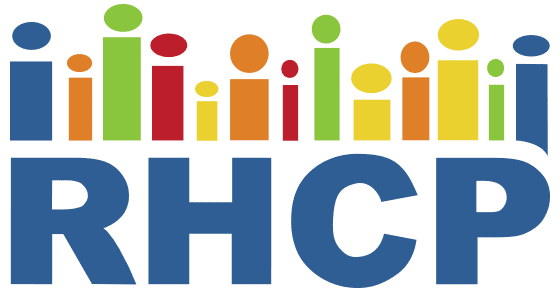An Assessment of Health Priorities Among a Community Sample of Somali Adults.
Journal of Immigrant and Minority Health. March 2021.
Abstract
Background: Health priorities for the Somali population in the United States (US) have been changing since their arrival to the US in the early 1990s. Somali populations have consistently been in the top three total number of African refugees immigrating to the United States over the past three decades and were the second largest group of refugees from Africa in 2019.
Methods: This study was conducted in 2018 as part of a larger RHCP survey of Somali participants. The purpose of the survey was to assess the effects of social networks on weight and obesogenic behaviors [19]. Because the planned survey was among the largest reported with a community sample of Somalis, RHCP community partners advocated for an embedded assessment of health priorities more broadly. This was a CBPR study where community and academic members of RHCP worked together in all phases of the study.
Results: A total of 646 participants responded to the survey. The majority (93%) of participants were born outside of the US. The mean age was 37.9 years with 43% female. The majority (66%) had a high school level education or less. Annual family income was less than $50,000 for 92% of participants and 90% had health insurance in the last 12 months.
Conclusion: The findings of this study show a significant overlap of health priorities among Somali individuals and their families compared to perceived priorities for the community as a whole. Health behaviors related to diet and exercise, diabetes, obesity, and hypertension were considered higher priorities than infectious diseases. These health priorities underscore the need for Somali health partnerships to focus on non-communicable diseases.

